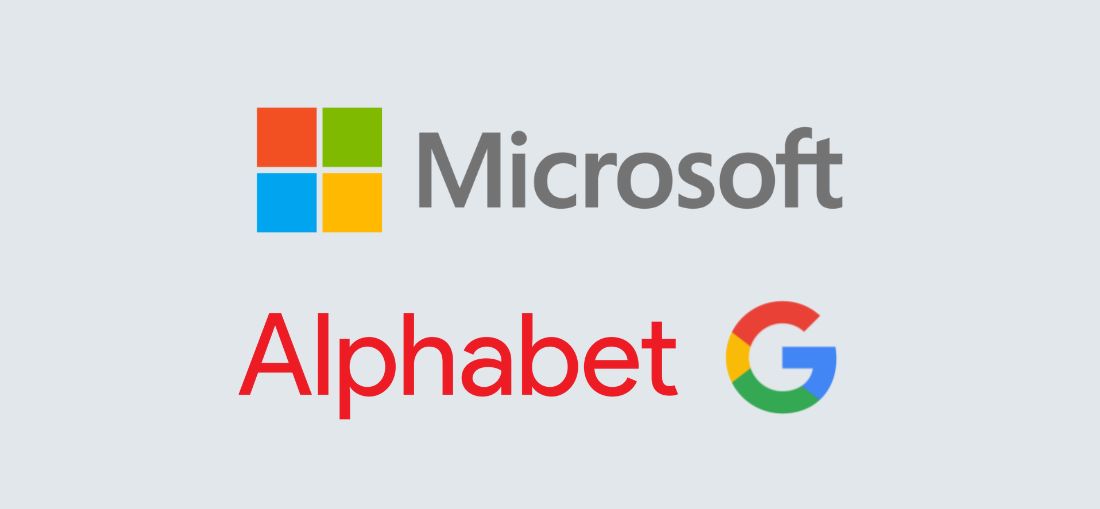Last week, both Microsoft and Alphabet announced that they were cutting around 10,000 jobs apiece. As the global outlook weakens and an increasing number of large US tech players announce sweeping job losses, could it be the case that these companies are ditching human workers in favour of investing in AI?
Microsoft’s layoffs come as company invests in OpenAI
In a memo sent to employees last week, Microsoft’s CEO Satya Nadella said that the company would be laying off up to 5% of its global workforce (10,000 employees) in the coming months. Some impacted employees were notified of their impending termination immediately.
In the announcement, Nadella said that the layoffs were part of broader cost-cutting measures and that the company will continue to invest in “strategic areas for our future”. As part of this, Nadella pointed to advances in AI as “the next major wave” of computing.
Less than a week later, Microsoft confirmed that the company is investing billions in OpenAI, the creator of ChatGPT. Microsoft, who was an early investor in OpenAI, said that it plans to expand its existing partnership with the company as part of a greater effort to add more artificial intelligence to its suite of products.
It’s thought that Microsoft may look to incorporate ChatGPT into some of its hallmark applications, such as Word, PowerPoint and Outlook. For now, the company will add ChatGPT features to its cloud computing service, Azure.
Are Alphabet’s layoffs related?
A couple of days after Microsoft’s announcement, Google’s parent company Alphabet announced that the company was cutting 12,000 jobs worldwide.
Alphabet’s chief executive, Sundar Pichai, announced the layoffs in an email to Google staff and said that the redundancies followed a “rigorous review” of the business. Echoing recent statements by other US-based tech companies, he indicated the business had over-expanded during the height of the pandemic. Within the announcement, Pichai also mentioned artificial intelligence. He added that Alphabet has “a substantial opportunity in front of us with AI across our products and [we] are prepared to approach it boldly and responsibly”.
Interestingly, rumours continue to swirl that Google’s founders are re-engaging with the company following the success of ChatGPT. As this piece of AI could threaten Google’s search business, Larry Page and Sergey Brin have reportedly made a surprise return in order to approve plans to add chatbot features to the search engine.
Why does this matter?
The redundancy announcements from Microsoft and Alphabet are indicative of a wider trend in the post-pandemic tech space. After all, in recent months, we’ve also seen 18,000 redundancies at Amazon, 11,000 at Meta and 8,000 at Salesforce.
Big tech companies now seem to be admitting that the post-pandemic world they envisaged has not materialised. As a result, with demand dropping, they now have inflated workforces and below-expected revenues.
In addition, these moves also show us that companies are becoming increasingly interested in the role AI could play in the future of computing and marketing. With Alphabet owning British AI subsidiary DeepMind and Microsoft increasing its investment in OpenAI, we may see an arms race between the two tech giants to see who can bring AI technology to the masses first.
Author spike.digital